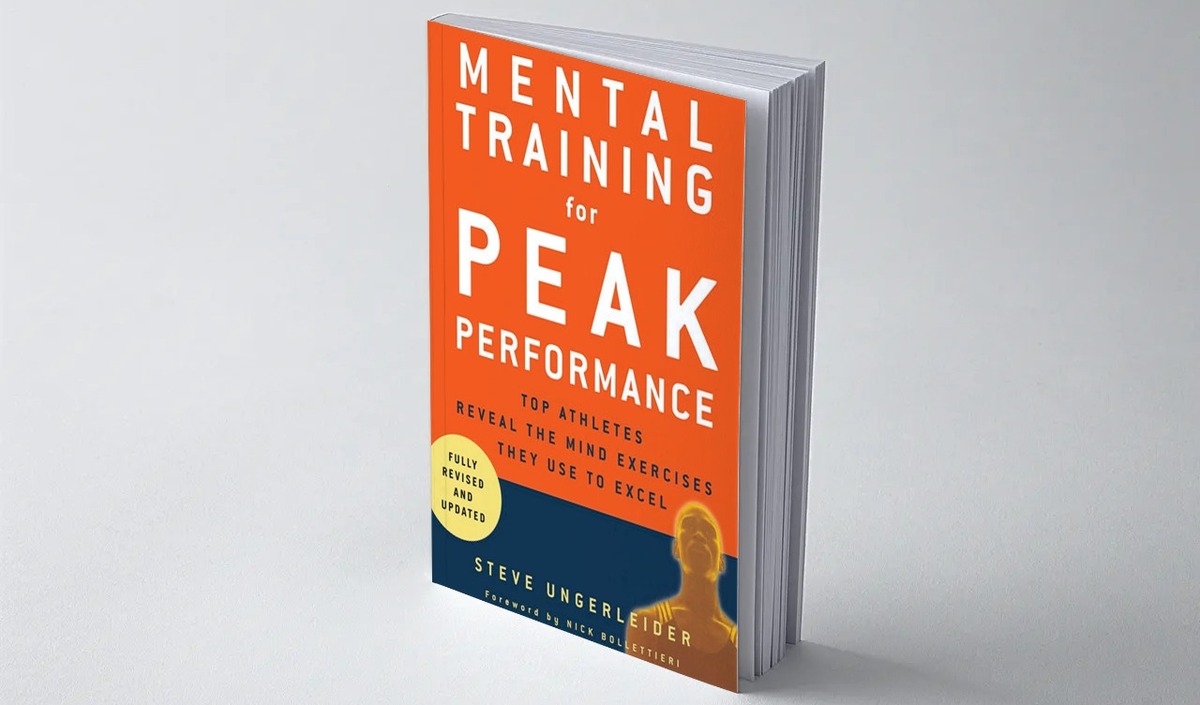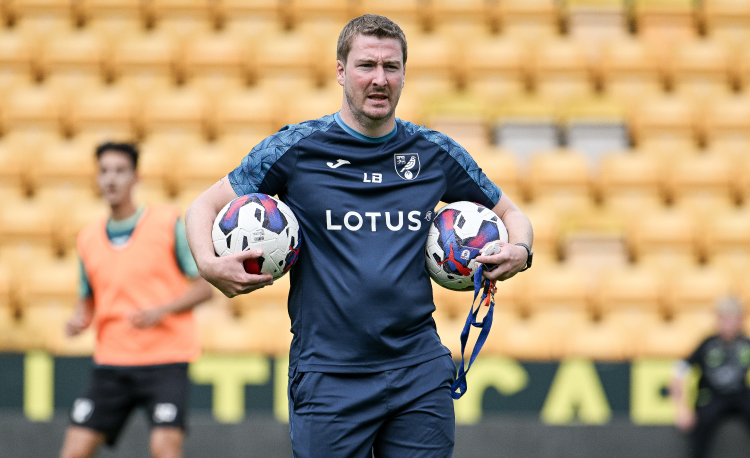You are viewing 1 of your 1 free articles
Elemental thinking
There are certain parts of philosophy, certain ideologies and principles that, ultimately, stand the test of time. In fact, more than that, they belie the fact that the society we live in races past at such a pace that most of us struggle to keep up.
And for life psychology, read sports psychology. Yes, ‘a week is a long time in football’, but the ideas, conventions and formulas that comprise the world’s most recognised sport tend to move on unaffected by events. Good training practices in the 1980s – whether modern-day sports scientists like it or not – are, largely, the same good training practices used today; sensible diet and a view on preserving and expending energy at the right moments have been ideas extended through multiple generations of player. And to move closer to the point, adopting sound sports psychology for a player on £250,000 per week is largely the same practice as an amateur stepping onto an unforgiving, boggy pitch on a Sunday morning.
Steve Ungerleider’s book, Mental Training for Peak Performance, is an ode to better performance; a body of work that has already stood the test of time. First published in the 1990s it is as relevant now as at any time in the past; even this updated version is almost a decade old now, and despite offering a stronger eye on athletics compared to other sports, it weaves a concise and engaging path around mental preparation for sport in a way that few other books can.
It’s punchy, direct and offers a real focus on the individual – why the mind battles us, recommended sessions and ideas, how relaxation can be as effective as pushing to 100% effort, and the science behind visualisation of goals and ambitions.
As you would expect, there are stories and anecdotes from all manner of successful sportspeople, but always with an eye to bringing the morals back to the individual, and that person who may operate and compete at any level.
Ungerleider, who holds masters and doctorate degrees from the University of Oregon in Eugene, also acknowledges that even the very best preparation away from the sports arena can be lost if nerves strike on the day, so there’s also a significant part of the book dedicated to not just achieving a mindset, but preserving it in those crucial moments leading up to an event or race beginning.
In the two decades since some of these chapters were first written, clearly a lot has changed in the way we regard sport. But sometimes stripping away the gloss of heart rate monitors, satellite navigation devices and elaborate dietary plans gets us a lot closer to the one thing we should be focusing our attentions on – the training of the mind.
EXCERPT
“Before the 1988 Olympic Games in Seoul, social psychologist Jacqueline Golding, Ph.D., and I surveyed 1,200 track and field athletes who qualified for the Olympic Trials. We specifically compared athletes who qualified for the Olympic Games with those who nearly qualified but missed. We found that these two groups of athletes had a lot in common. You could say they all had ‘the right stuff’: They were training hard, eating right, getting plenty of sleep, avoiding alcohol and other intoxicants and using their brains as well as their brawn to compete. They were nearly identical in every respect except for one thing.
Those athletes who actually made the team and compete in the Olympics were doing more mental practice in the final stages of preparation than their less success colleagues. The athletes who actually qualified for the Olympics were doing ‘mental tune-ups’ and getting ready for the competitive challenge of their lives: the Olympic Games. We learned from our studies with Olympians that mental preparation and the timing of mental preparation are the keys to who succeeds.”
MENTAL TRAINING FOR PEAK PERFORMANCE, Steve Ungerleider. Published by Rodale Books.
Editor's Picks
Using the goalkeeper in build-up play
Pressing principles
Intensive boxes drill with goals
Penetrating the final third
Creating and finishing
My philosophy
Pressing initiation
Compact team movement
Defensive organisation
Coaches' Testimonials

Alan Pardew

Arsène Wenger

Brendan Rodgers

Carlos Carvalhal

José Mourinho

Jürgen Klopp

Pep Guardiola

Roy Hodgson

Sir Alex Ferguson

Steven Gerrard
Coaches' Testimonials

Gerald Kearney, Downtown Las Vegas Soccer Club

Paul Butler, Florida, USA

Rick Shields, Springboro, USA

Tony Green, Pierrefonds Titans, Quebec, Canada
Join the world's leading coaches and managers and discover for yourself one of the best kept secrets in coaching. No other training tool on the planet is written or read by the calibre of names you’ll find in Elite Soccer.
In a recent survey 92% of subscribers said Elite Soccer makes them more confident, 89% said it makes them a more effective coach and 91% said it makes them more inspired.
Get Monthly Inspiration
All the latest techniques and approaches
Since 2010 Elite Soccer has given subscribers exclusive insight into the training ground practices of the world’s best coaches. Published in partnership with the League Managers Association we have unparalleled access to the leading lights in the English leagues, as well as a host of international managers.
Elite Soccer exclusively features sessions written by the coaches themselves. There are no observed sessions and no sessions “in the style of”, just first-hand advice delivered direct to you from the coach.









